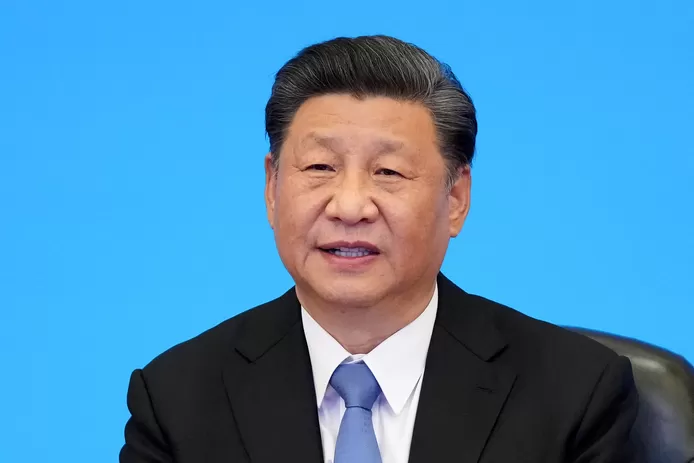In his speeches, Chinese President Xi Jinping increasingly focuses on the communist mantra “common prosperity”. This year, he has used the phrase 65 times in speeches and meetings, up from 30 in all of 2020. During Xi’s first eight years in power, the term was rarely used.
Mao Zedong coined “common prosperity” as a term to reflect the Communist Party’s pursuit of an egalitarian society. The term faded under party leader Deng Xiaoping, who shifted emphasis to developing a Chinese economy in which “some people get rich first,” then general prosperity would follow.
Currently, the richest 20 percent of Chinese earn ten times more than the poorest 20 percent, a gap that has existed since 2015. China counts a third of its population, or about 400 million people, in the middle class with an annual household income of 100,000 to 500,000 yuan.
More than 600 million Chinese still have to make do with a monthly income of barely 1,000 yuan.
Last week, the government already announced that it wanted to end the wealth gap. The top economic and financial affairs committee on Tuesday pledged, among other things, to “reasonably adjust high incomes” and encourage philanthropy. Members pledged to adopt a “tax, social security and redistribution” policy and tackle illegal and “unreasonable” incomes.
The Communist Party does favor a “gradual progress” approach. Last year, Xi pledged to make “more substantial progress in common prosperity” by 2035.
